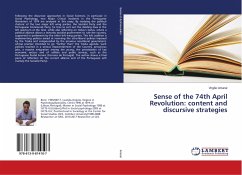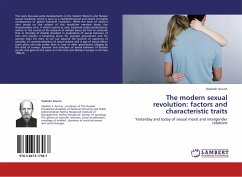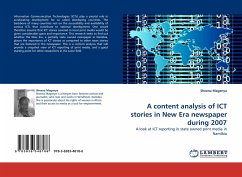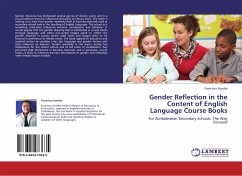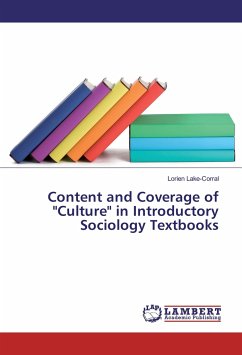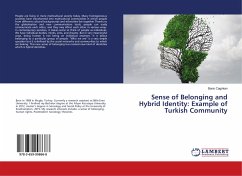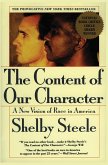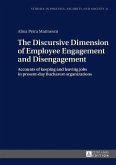Following the discursive approaches in Social Sciences, in particular in Social Psychology, two Major Critical Incidents in the Portuguese Revolution of 1974 are analysed in this essay. By studying the political rhetoric of the two major left wing parties, the Socialist Party and the Portuguese Communist Party, he tries to sort out the dividing lines in the left spectrum at the time, while also reflecting on today's status, where a political alliance allows a minority socialist government to rule the country, supported in parliament by the other left wing parties. This left coalition is implementing policies aimed at reversing the ultra-liberal policies imposed by the Troika and compounded by the previous neo-liberal government, whose premier intended to go "farther than" the Troika agenda. Such policies resulted in a serious impoverishment of the Country, precarious jobs, a massive emigration among the young, the privatisation of key economic sectors and of utilities and public services, such as the Portuguese Postal Service (Correios de Portugal). The author shares a final piece of reflection on the current alliance and of the Portuguese Left (namely the Socialist Party).
Bitte wählen Sie Ihr Anliegen aus.
Rechnungen
Retourenschein anfordern
Bestellstatus
Storno

